When you purchase through links on our site, we may earn an affiliate commission.Heres how it works.
The Fujifilm X100VI oozes retro appeal and boasts a beautiful 23mm f/2 lens.
We’ve even gone so far as to label it thebest premium compactfor most people.
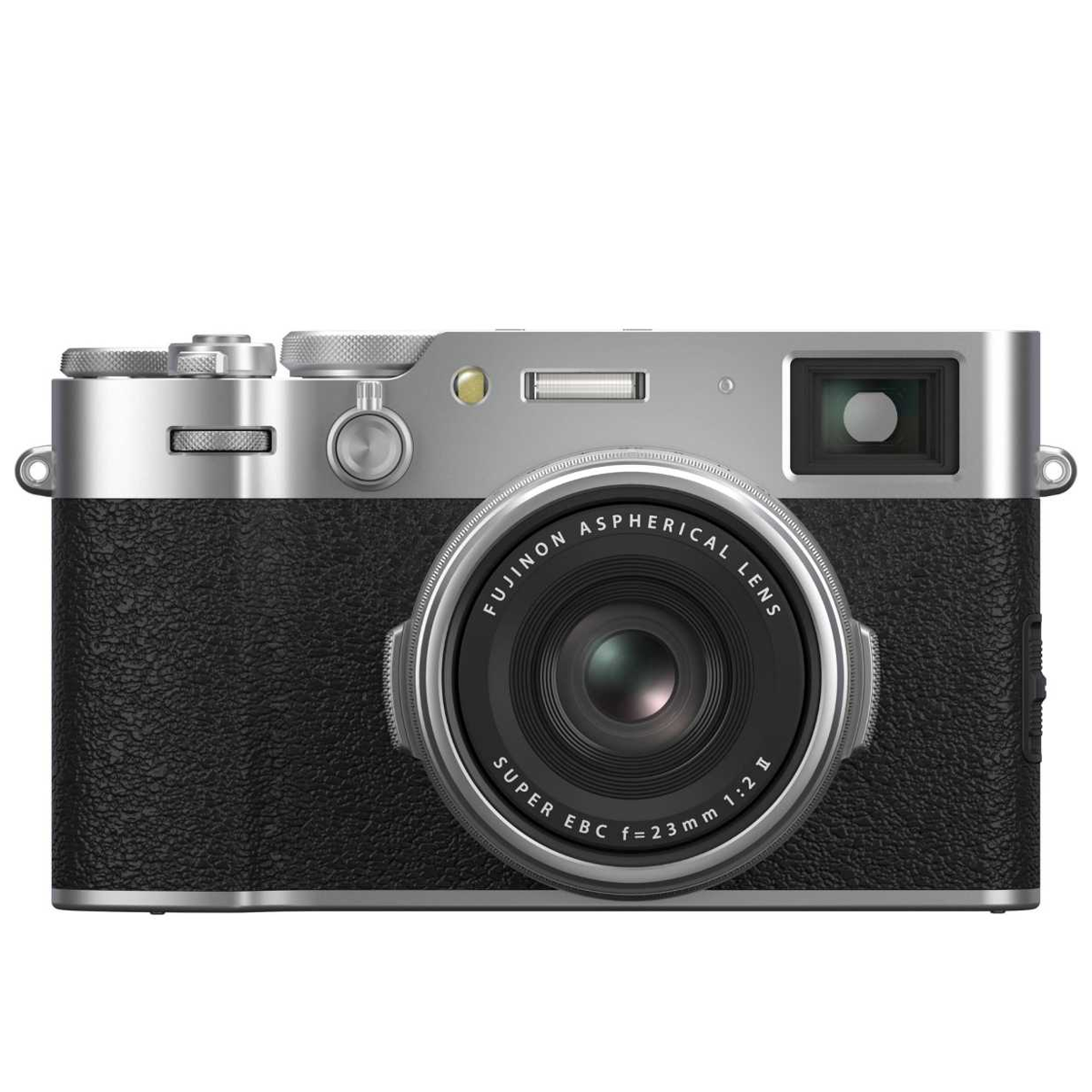
The latest Reala Ace color profile
Fujifilm has improved almost every single spec on this camera.
The X100V was far from lacking, though.
OurFujifilm X100V reviewdescribes it as a special camera that’s the best of its kind.
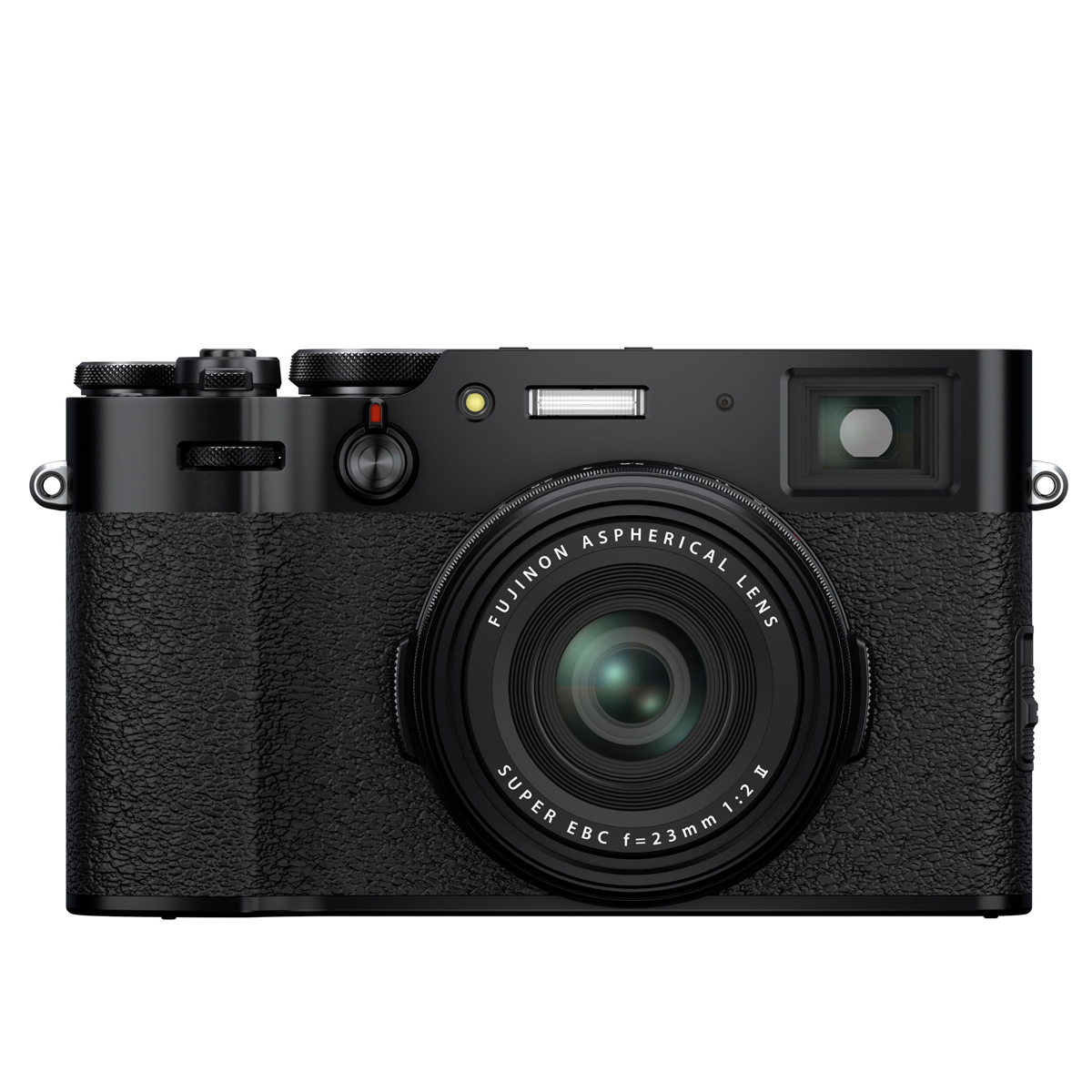
But maybe we’re approaching it all wrong.
If that’s the case, then our benchmarks for upgrading take on a whole new form.
The decision of whether you should upgrade from the X100V to the X100VI is then firmly in your hands.
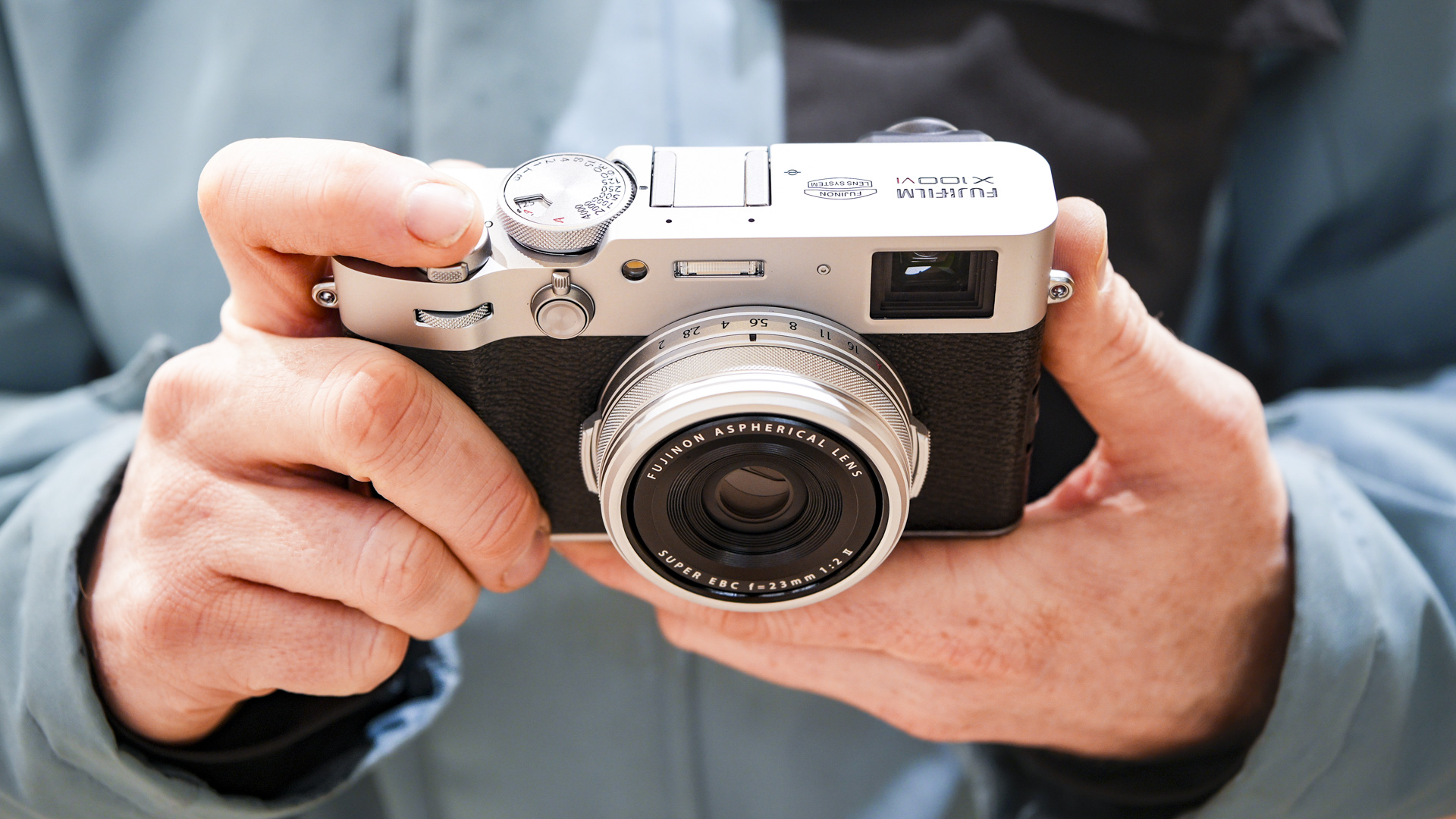
Why upgrade to the X100VI?
This is far from ideal for a compact camera, especially one whose target market includes travel photographers.
Why upgrade to the X100VI?
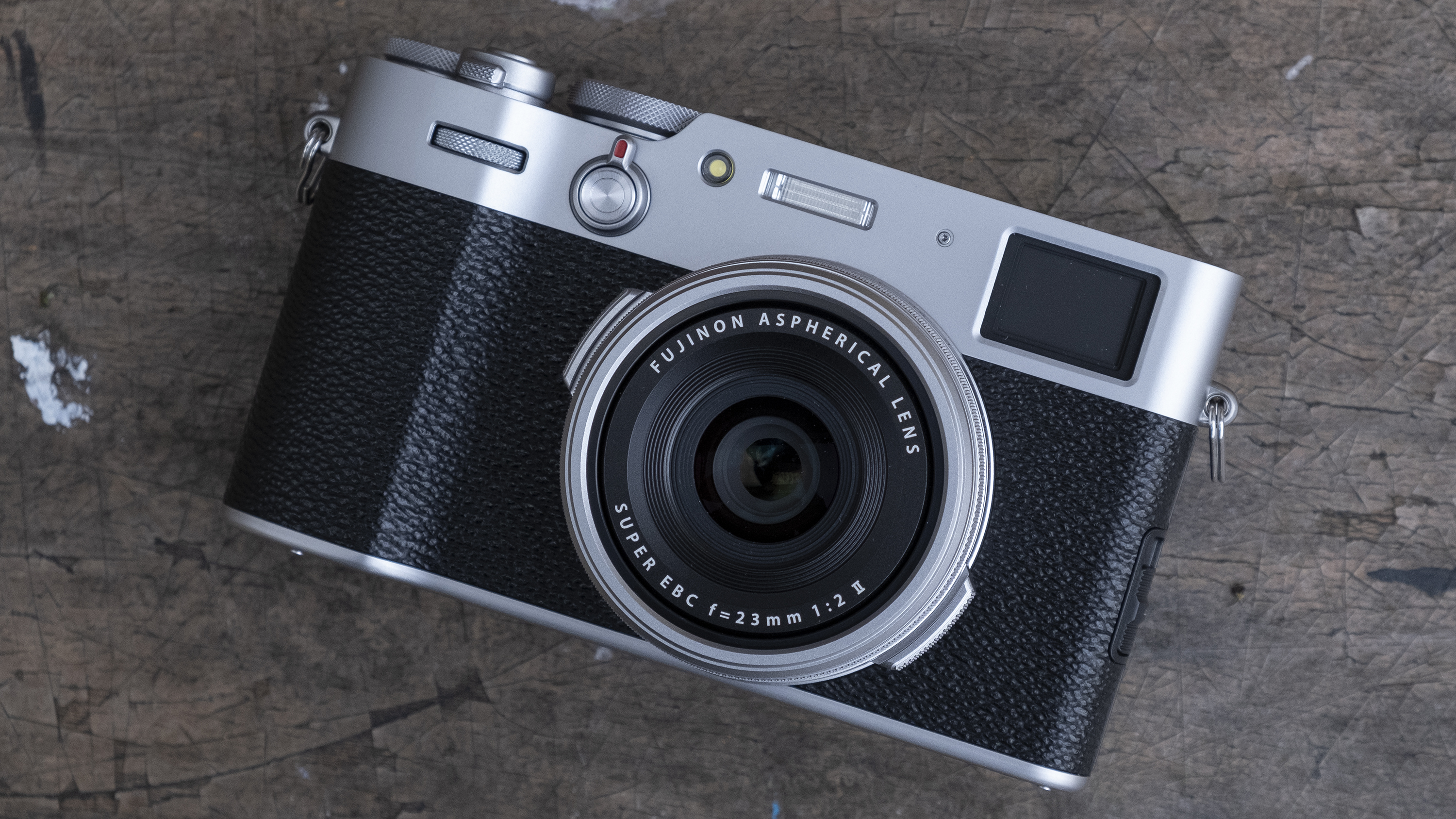
The increased number of megapixels also provides ‘digital teleconverter’ functionality for 50mm and 70mm crop modes.
One of the other benefits of this new 40MP sensor is that it allows for larger-format printing.
A potential downside to the X100VI’s increased resolution is an adverse impact on low light image quality.
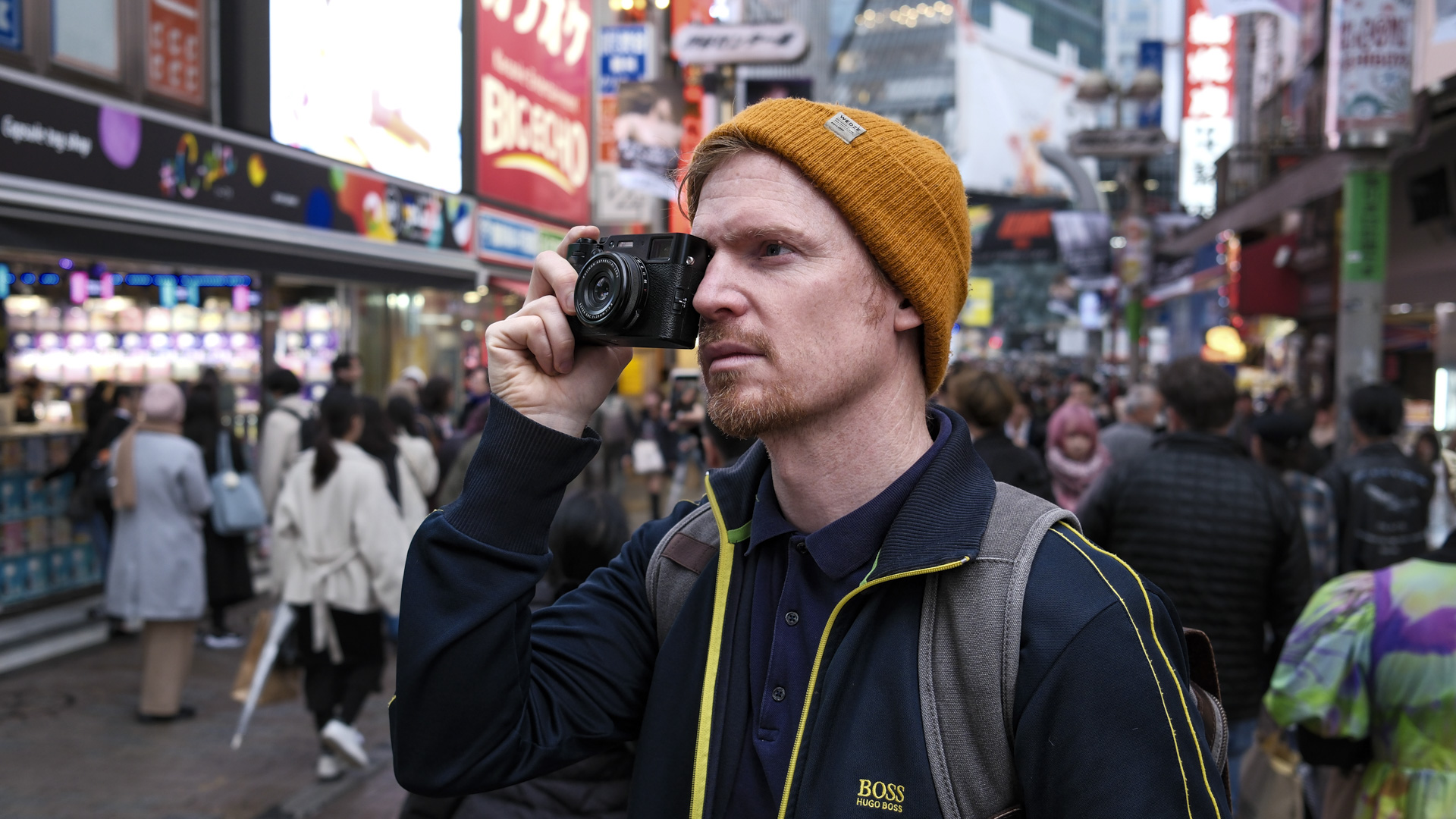
Why upgrade to the X100VI?
It’s no sports-camera but can be relied upon when travelling around or taking snaps when on holiday.
All of this leads to better image quality across the board.
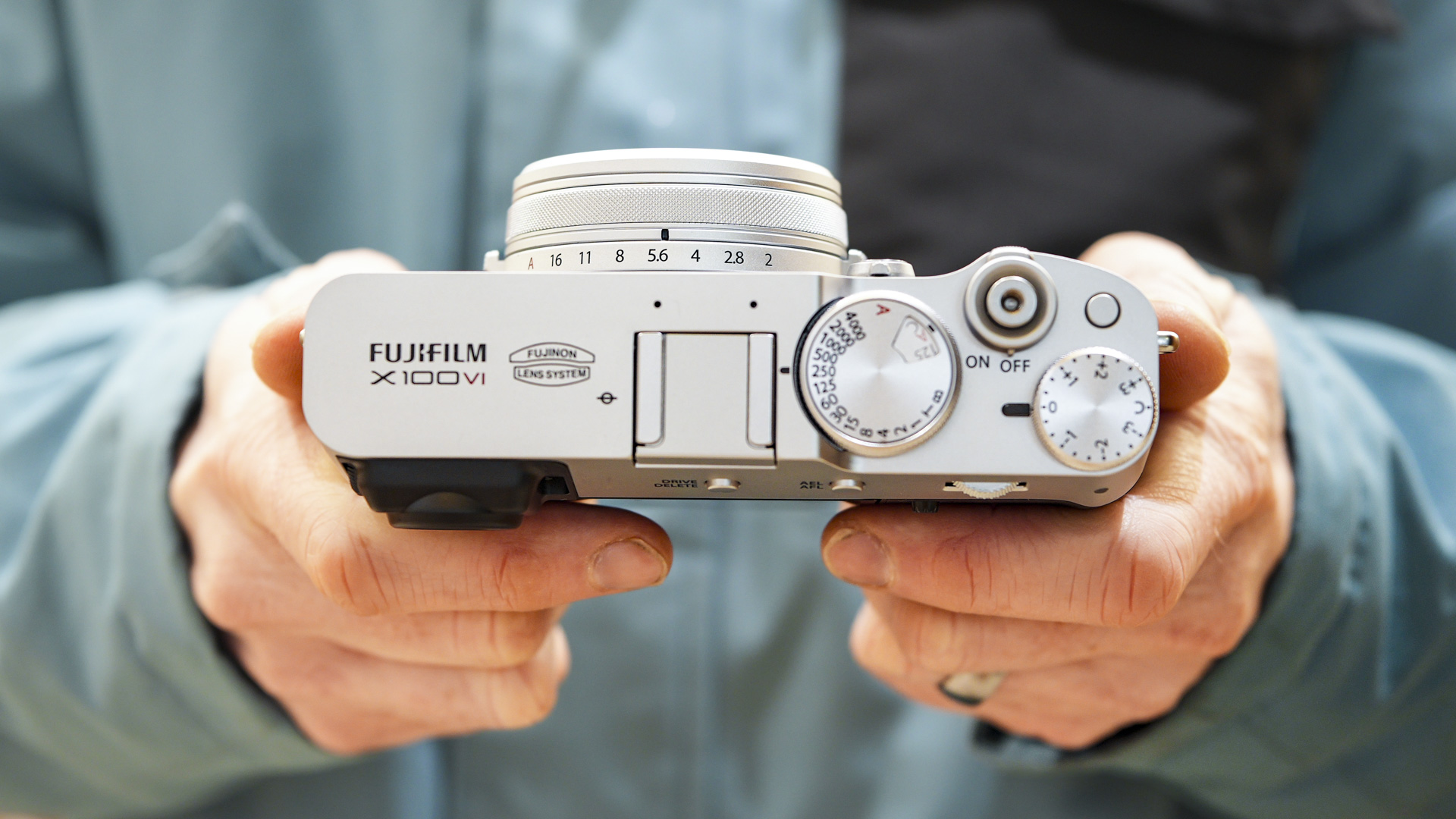
There’s nothing worse than downloading your photos only to find half of them are out of focus.
Why upgrade to the X100VI?
Better video
Video resolution has shot up from4Kon the X100V to 6.2K on the X100VI.
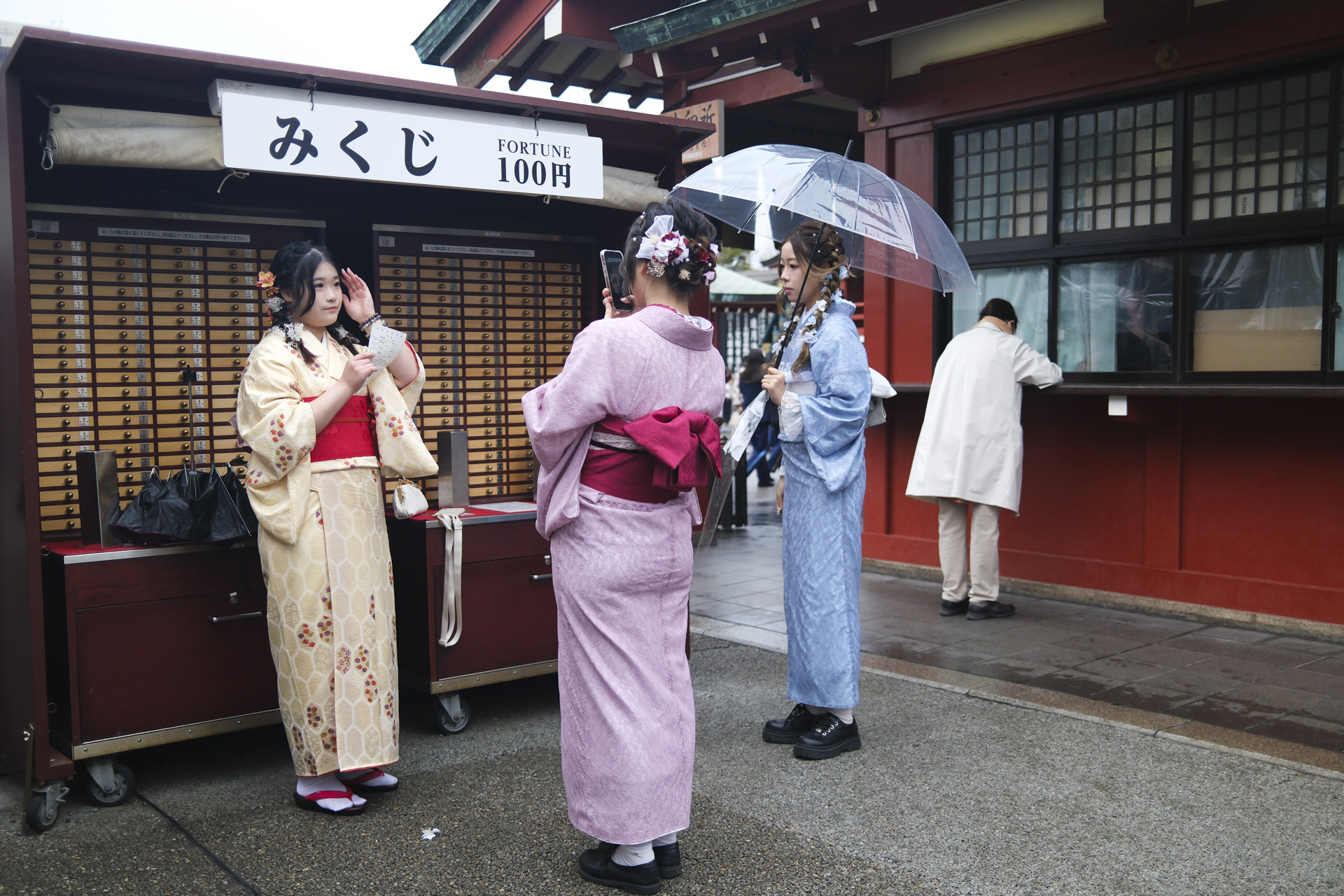
The latest Reala Ace color profile
Video bit rates are improved too, including a new 10-bit and 200Mbps output.
Fujifilm’s log color profiles for video help maximize the camera’s wide dynamic range.
Why upgrade to the X100VI?
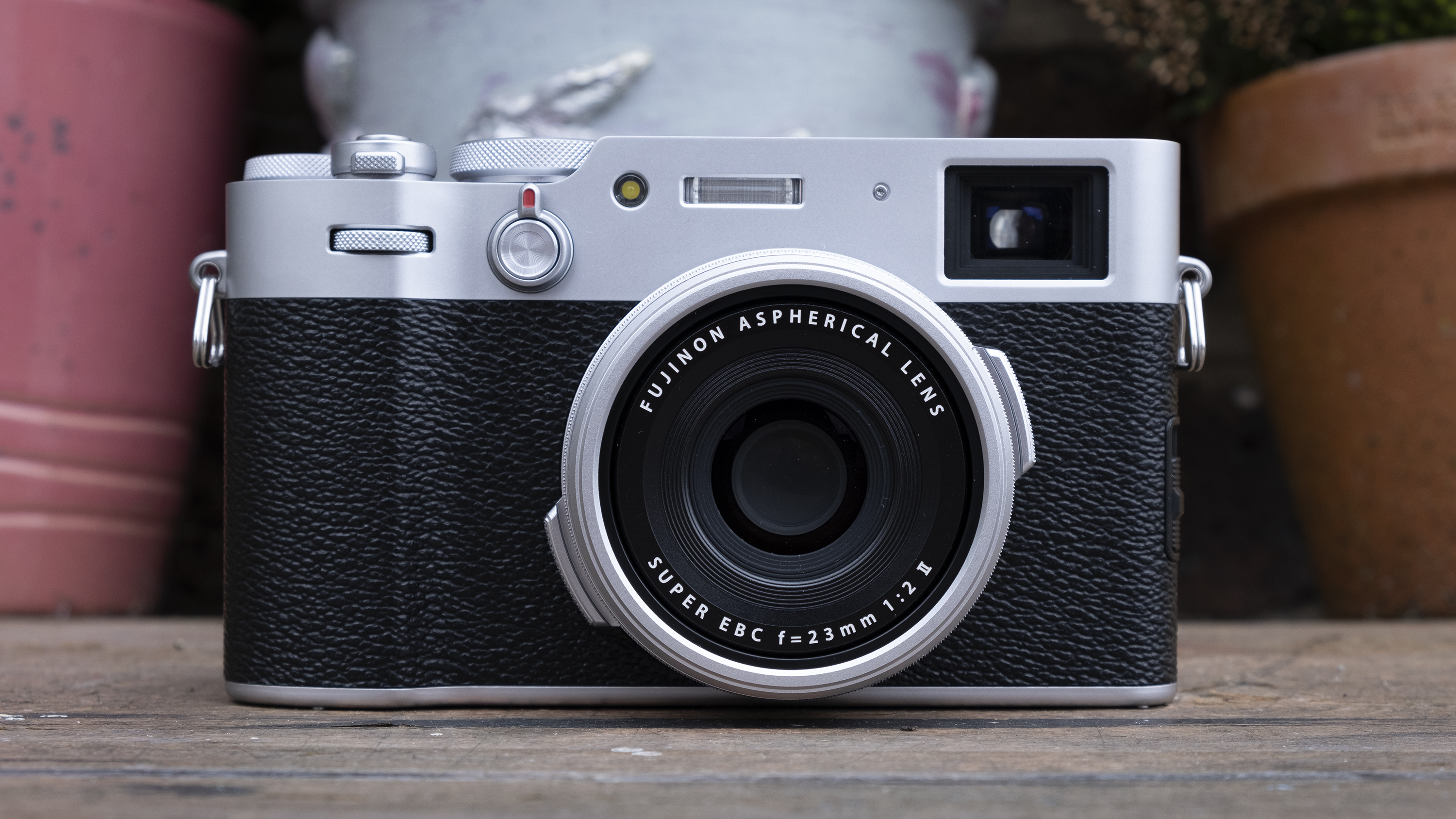
More film simulations
The X100VI now includes Fujifilm’s full range of 20 film simulation modes.
Some of these modes were available with the X100V, but now we have some new ones too.
Another nice feature here is the ability to record using multiple film simulation modes.

This is made possible with the bracketing mode, which allows a maximum of three at any one time.
Why should you stick with the Fujifilm X100V?

